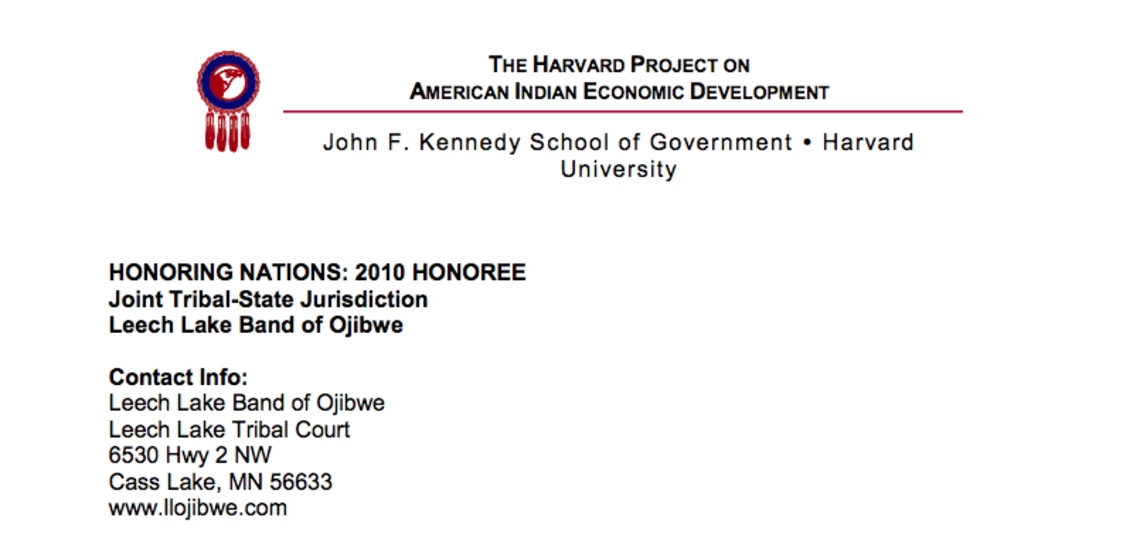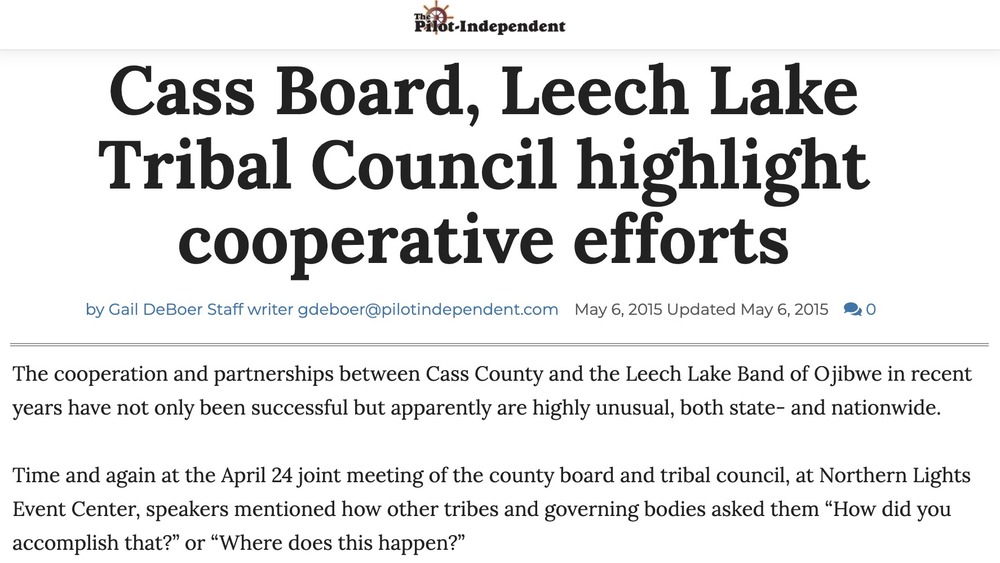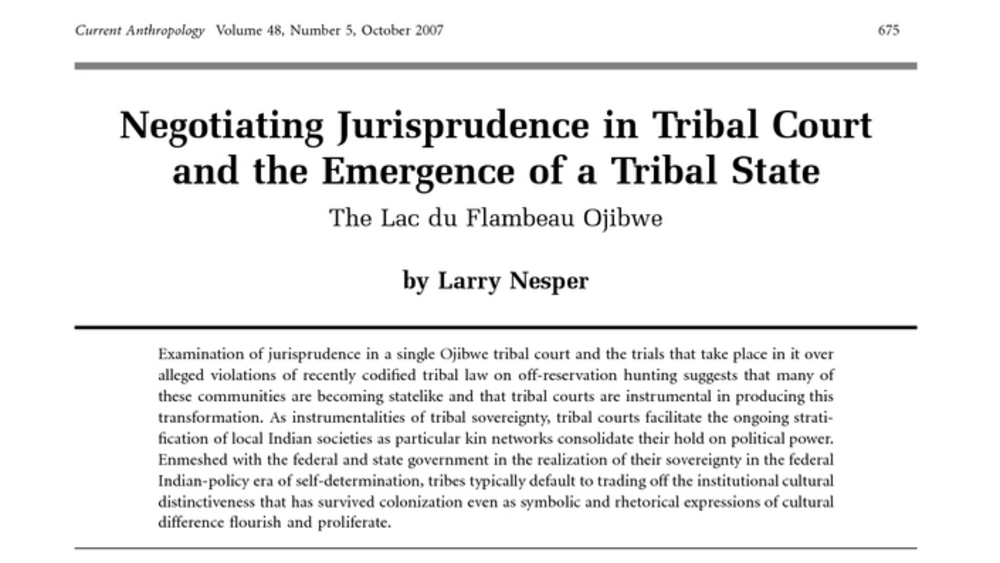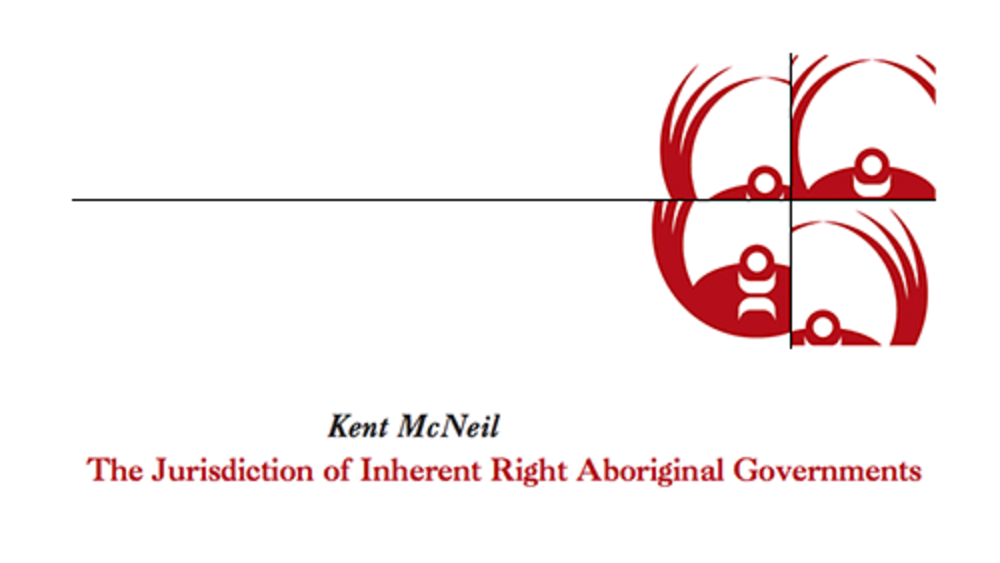Across Indian Country tribes are strengthening and better defining their governments in order to meet the unique needs of their communities. As Native nations work to expand their sovereign powers, tribal justice departments can play a critical role in achieving those goals. In the early 2000s, the Leech Lake Band of Ojibwe faced a rising crime rate. Because Minnesota is subject to Public Law 280, county and state agencies controlled the primary resources for law enforcement and judicial processing. But recidivism statistics for its tribal citizens showed that the state system was not addressing the problem. Despite its limited judicial infrastructure, the nation had a strong desire to intercede, and a strong commitment to holistic care rooted in traditional values. It was with this determination that Leech Lake set aside a history of interracial tension to work with neighboring counties to create a Wellness Court that helps people overcome their drug and alcohol addictions.
Additional Information
"Leech Lake Joint Tribal-State Jurisdiction." Honoring Nations: 2010 Honoree. Harvard Project on American Indian Economic Development, John F. Kennedy School of Government, Harvard University. Cambridge, Massachusetts. 2011. Report.




